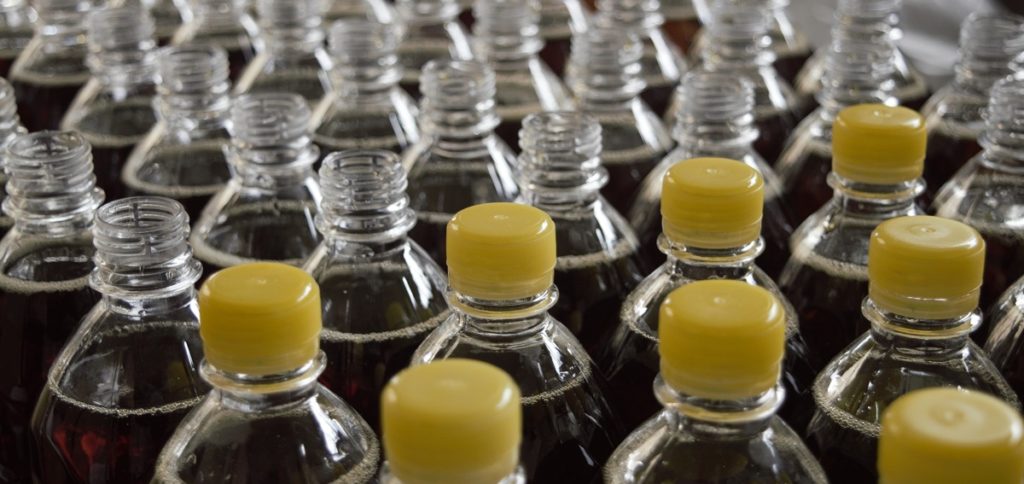Now trending: Sustainable labels

Manufacturers are responding to the rise in customer demand for sustainable packing solutions by adapting their products to meet these needs and are offering the beverage industry a wide range of sustainable labels.
Grass paper, FSC-certified paper, recycled paper, …
Young entrepreneurs and startups who value fully sustainable products, including the packaging, helped create the sustainable label movement. But, interest in this movement is growing, even among established beverage manufacturers, causing label manufacturers to enhance their portfolios accordingly. For instance, Etiket Schiller has recently added sustainable labels made of grass to its product range. These labels are made exclusively of grass grown on unusable areas. The grass can be harvested several times a year and is unsuitable for producing food or fodder. The material used to create the labels consists of 50% sun-dried grass fiber and pulp. It is ISEGA certified as food safe and also has FSC mix certification.
Very few chemicals are used during production due to purely mechanical raw materials processing. What’s more, energy consumption is also significantly lower and water savings are considerable. Grass paper can also be recycled together with a variety of packaging paper. Other manufacturers like VT-Etiketten, Papier-Schäfer or Astro Nova have introduced sustainable labels made of grass paper. Consequently, many label manufacturers advertise that their labels are made of recycled paper, FSC-certified paper and paper sourced from sustainable forestry.
… Stone paper or genuine wood?
Another interesting alternative for sustainable labels is called stone paper. It is 100% pulp-free and consists of 80% natural stone powder from marble-mine residues and 20% recycled PE.
Water, wood, acids or bleaches are not needed to produce stone paper. It is washable, fluid-resistant and is more tear-proof than either paper or cardboard. Combined with vegan pigments, stone-paper labels are made solely of vegan ingredients. A suitable label adhesive is also needed because many label adhesives contain casein, an animal fat extracted from cow’s milk. There are available, however, a large variety of plant-based adhesives, such as rubber or starch.
Papier-Schäfer presents a striking label made of genuine wood for high-end beverages. Only wood sourced from fair growers is used for these labels. Available in rolls made from birch or cherry wood, each label even retains the knotholes for a unique look.

More sustainable label options
Sustainable market values and responsible environmental policies can also be achieved by using bio-based FE film made from 100% sugar-cane-derived ethanol. This material has a far healthier environmental impact than films made of fossil fuels all while delivering the same properties as conventional PE. Bio-based PE is biodegradable, available as white and transparent film and is moisture resistant.
Self-adhesive label manufacturer CCL Label offers other alternative sustainable solutions. Its EcoStream labels allow bottle-to-bottle recycling of PET bottles because they detach from the PET flakes leaving no trace of the label. Raw materials are then returned into the recycling stream ensuring complete reuse. The company states that 94% of its EcoSource label is bio-based. According to the manufacturer, the components are made from renewable resources instead of fossil fuels. EcoSolve labels, the third product in the trio, are biodegradable and compostable. They are viewed as a solution for sustainable containers such as bottles made of PLA (polylactide).
Stiegl is the first Austrian brewery to use bottle labels made of 100% recycled paper: The carbon footprint of their new recycled labels is 26% lower than the labels they previously used.
VT-Etiketten offers a special PP film in a no-label-look that makes recycling one-way bottles easier. The label detaches from the glass thanks to a reversible adhesive that loses its ability to stick during the classic recycling process. The adhesive label material is transparent and suitable for many conventional printing processes.
It’s the whole package that counts
The sustainable label solutions outlined above provide a short summary and demonstrate the current range of sustainable labeling. Effectively, the label, pigment and adhesive must harmonize to provide a fully sustainable solution – along with the container, and the beverage inside. The whole should make up one sustainable package. It is to be expected that, in the future, consumer interest in fully sustainable packaging will grow. It is advisable for the alcohol-free beverage sector to consider all packaging components because the consumer’s first point of contact is the prominently placed label located at the point of sales.
Sustainable labels at drinktec 2021
Wood, stone or grass: anyone interested in the production and marketing of sustainable labels will find the right forum at the world’s leading trade fair drinktec. Here, exhibitors from around the world will present their current developments. The next drinktec will be held from September 13-17, 2021, at the Munich trade fair.
Have you developed innovative options for sustainable labeling that you’d like to present to an international audience? Then join us at the next drinktec.
